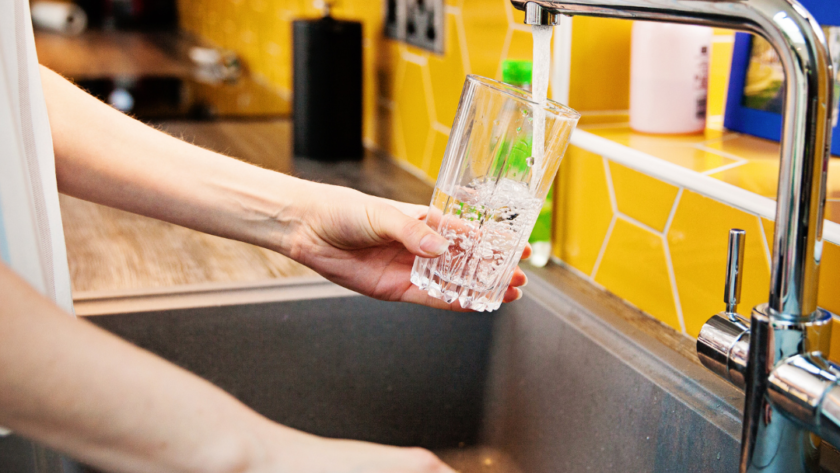In an emergency situation, access to clean and safe drinking water is critical for survival. While many people turn to bottled water for peace of mind, tap water may also be a safe and reliable source of drinking water in an emergency. In this article, we’ll explore what tap water is, what contaminants it may contain, and how to determine if tap water is safe to drink in an emergency.
What is Tap Water?
Tap water is the water that comes from the tap in your home or from public water sources. It is treated and disinfected by water treatment facilities to remove impurities and make it safe for human consumption.
Contaminants in Tap Water
While tap water is treated and disinfected, it can still contain contaminants that may pose a risk to your health. Some common contaminants in tap water include bacteria, viruses, chemicals, and minerals. In some cases, these contaminants may cause illness or have long-term health effects.
Is Tap Water Safe to Drink in an Emergency?
In an emergency situation, tap water may still be safe to drink if it has been treated and disinfected properly. However, if the water supply has been contaminated or disrupted, it may not be safe to drink. In such cases, boiling the water or using a water filter or water dispenser with a built-in filtration system can help to remove the contaminants and make the water safe to drink.
How to Determine if Tap Water is Safe to Drink in an Emergency
Here are some steps you can take to determine if tap water is safe to drink in an emergency:
- Check for Boil Water Advisories If there has been a disruption in the water supply or if the water has been contaminated, a boil water advisory may be issued. In this case, it is recommended that you boil the water before drinking it to kill any harmful bacteria or viruses.
- Listen to Local Authorities Local authorities, such as your city or state health department, will have information about the safety of the water supply and may issue warnings or advisories about the water.
- Test Your Water If you are unsure about the safety of your tap water, you can have it tested. This will give you a better understanding of what’s in your water and if it is safe to drink.
What to Do If Your Tap Water is Not Safe to Drink
If your tap water is not safe to drink, here are some steps you can take to make it safe:
- Boil Your Water Boiling your water for at least 1 minute can kill most harmful bacteria and viruses.
- Use a Water Filter or Water Dispenser Using a water filter or water dispenser with a built-in filtration system can help to remove contaminants and make your water safe to drink.
In an emergency situation, access to clean and safe drinking water is critical for survival. While many people turn to bottled water for peace of mind, tap water may also be a safe and reliable source of drinking water if it has been treated and disinfected properly. To determine if tap water is safe to drink in an emergency, check for boil water advisories, listen to local authorities, and have your water tested. If your tap water is not safe to drink, you can boil it or use a water filter or water dispenser to make it safe.



